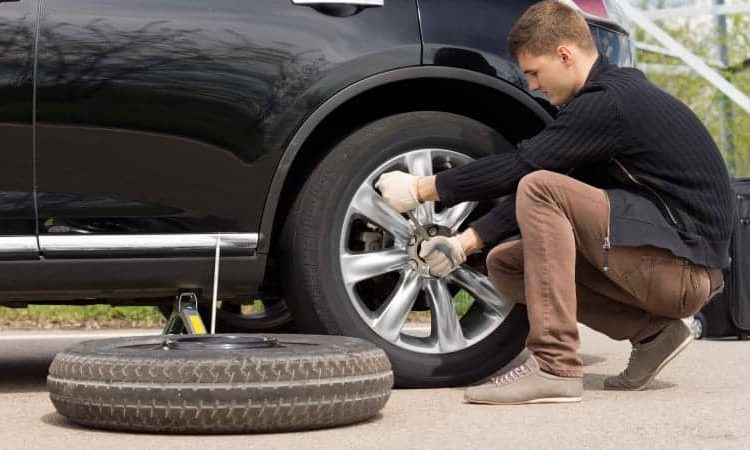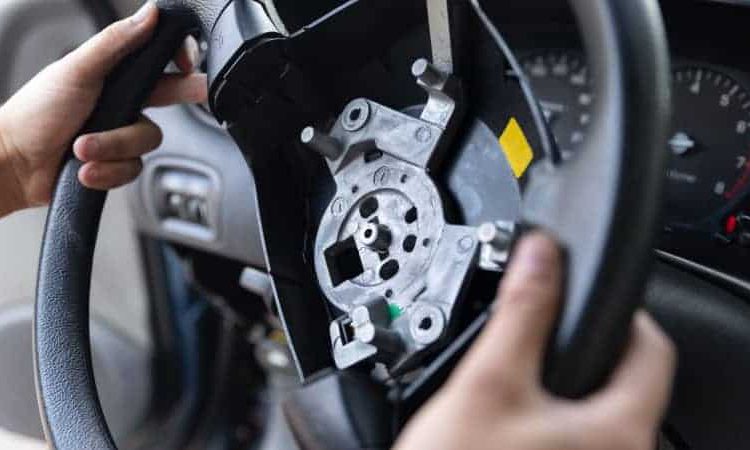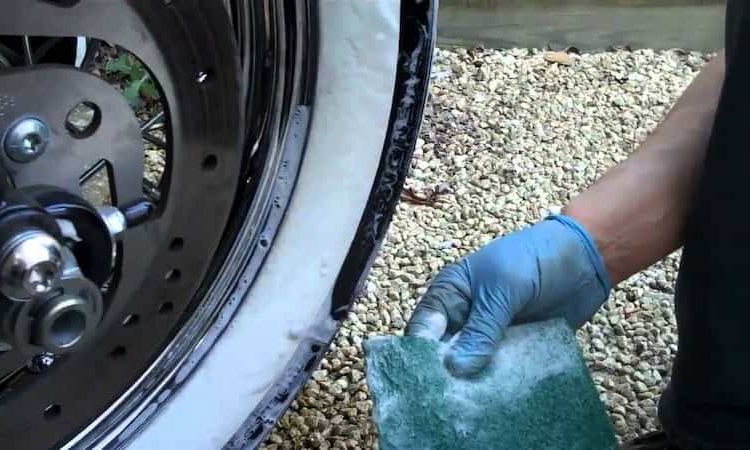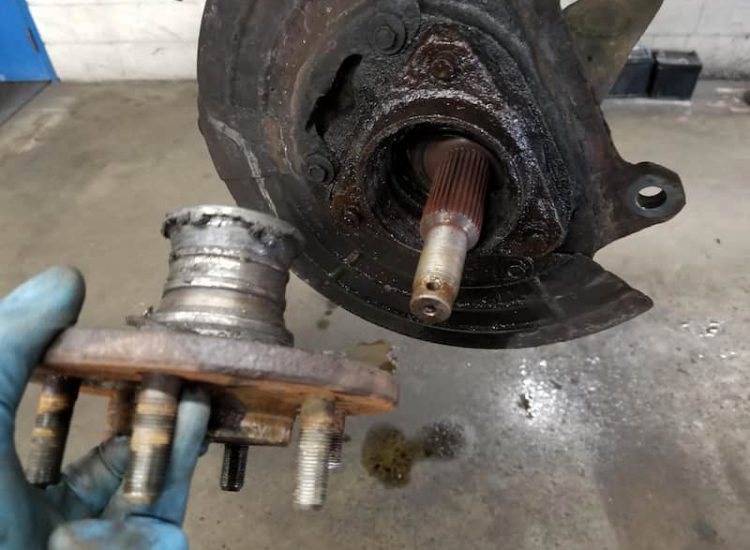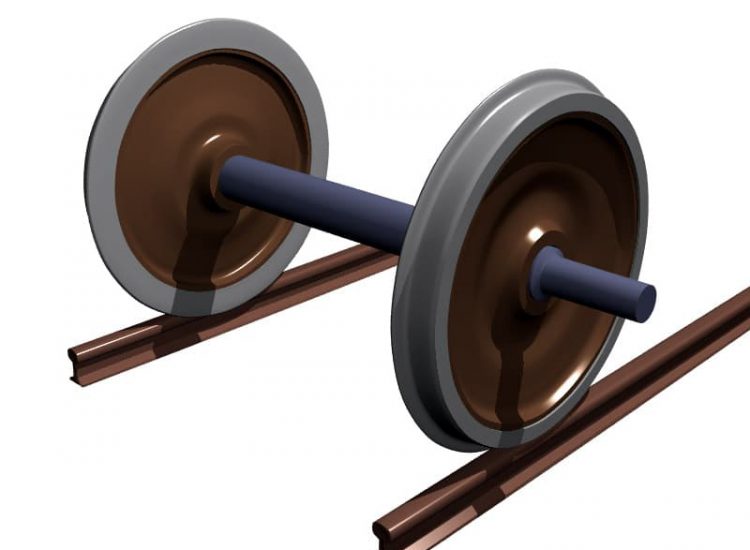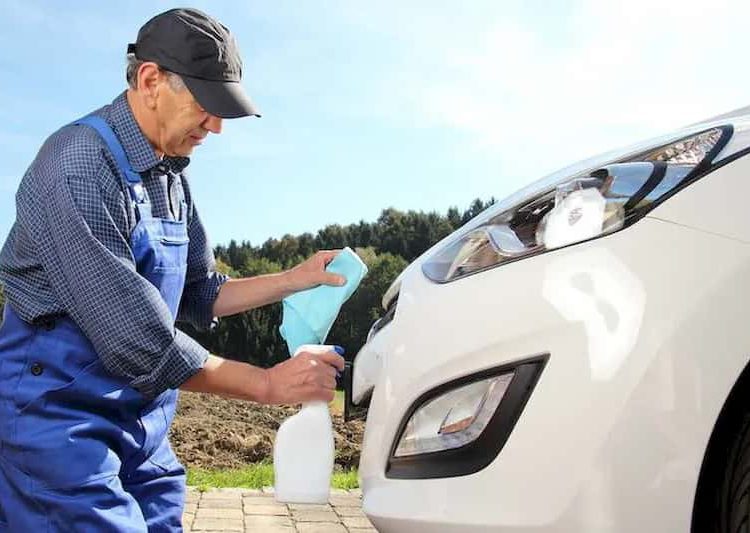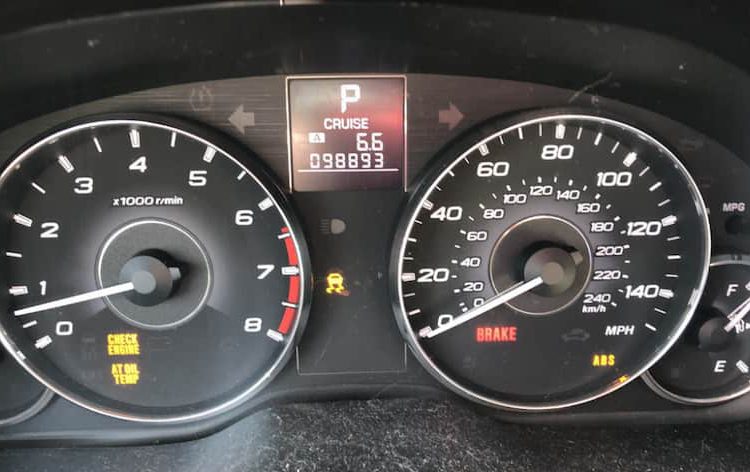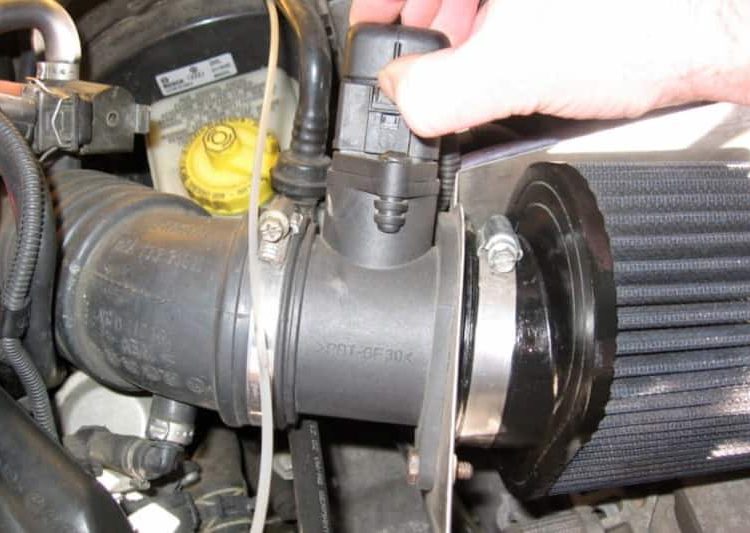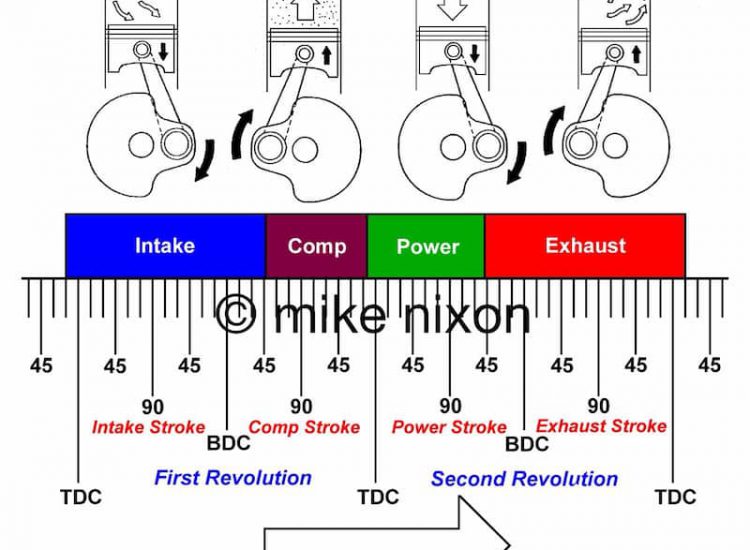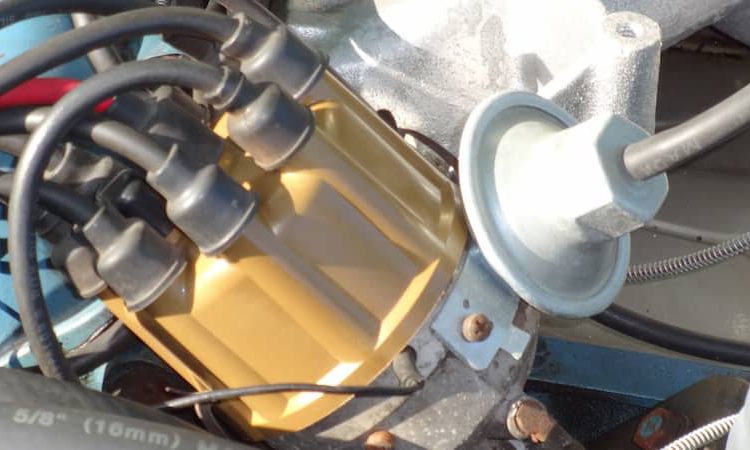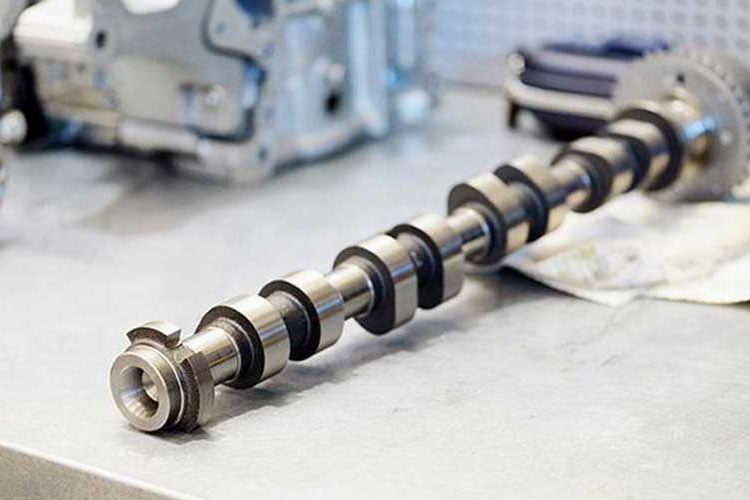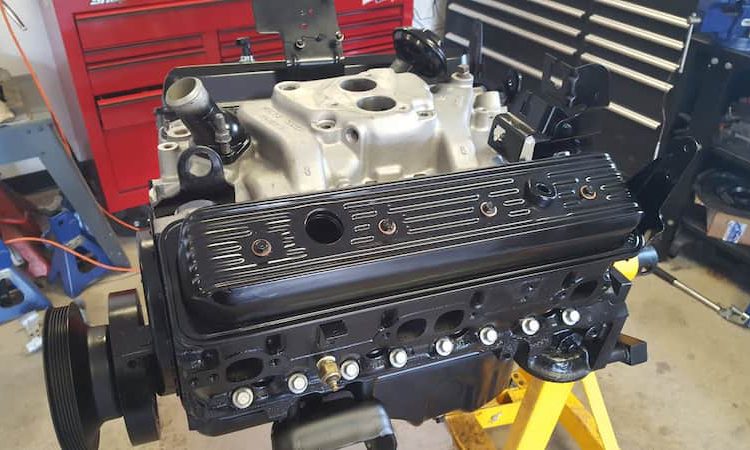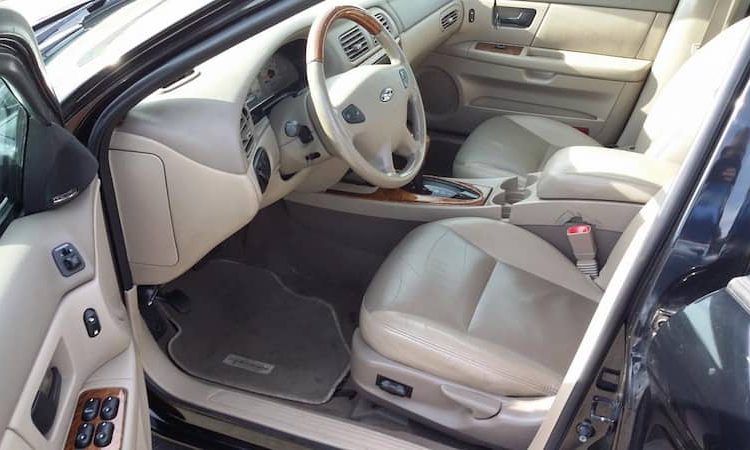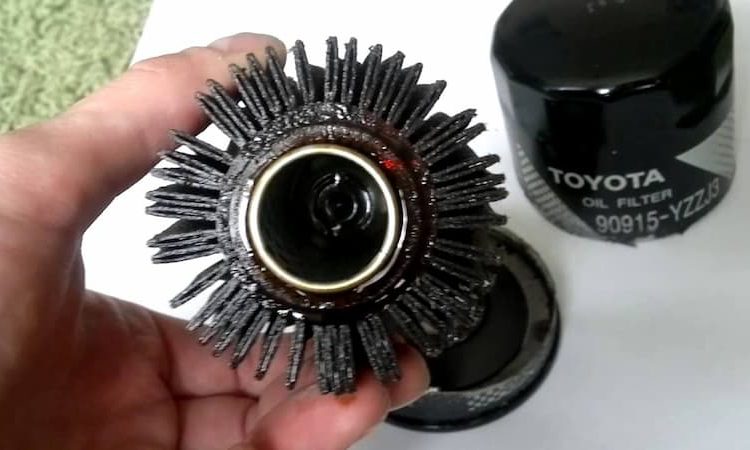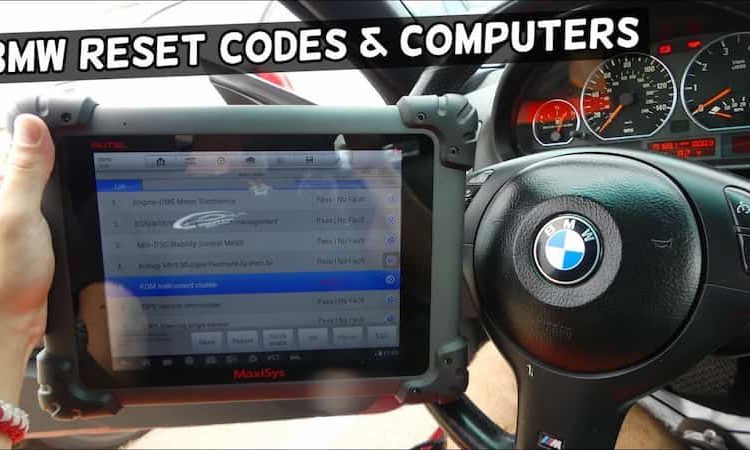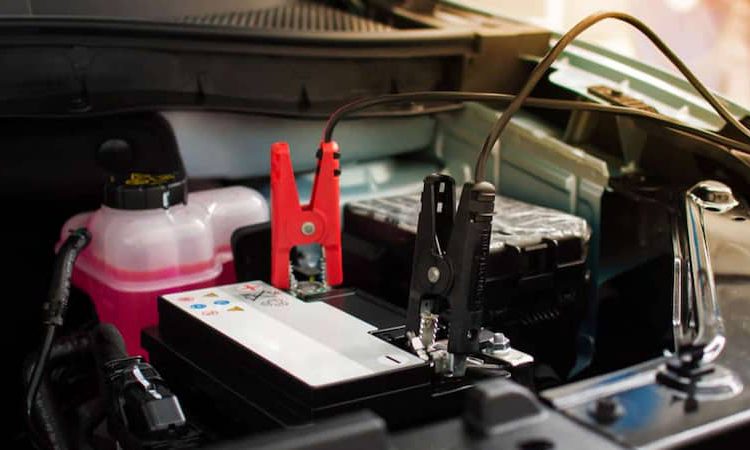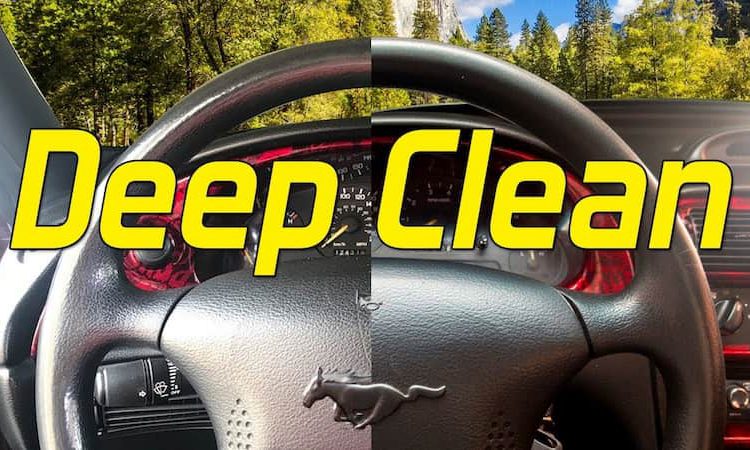During circulation, engine heat is inevitable. However, there are some cases where the car runs hot but not too hot. It could be a sign that the vehicle has a problem with the cooling system.
Toc
It comes from many different reasons. And for each cause, we will have its solution. Therefore, the information below will help you understand more deeply about the car running hot but not overheating.
8 Main Reason For Car Running Hot But Not Overheating
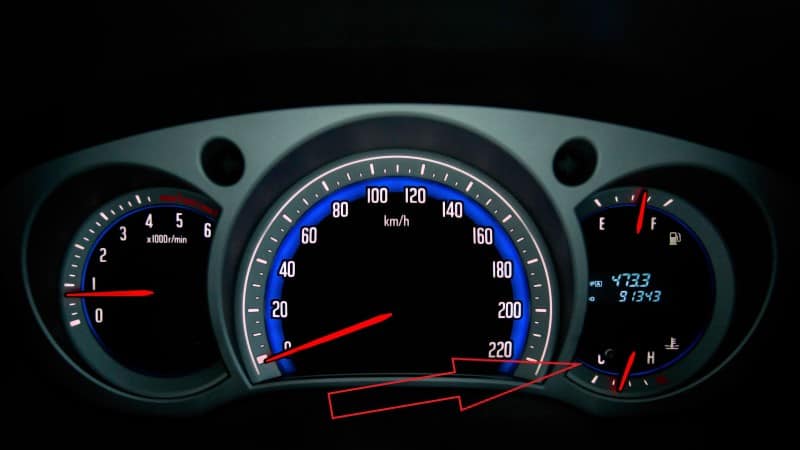
The car runs hot but not hot due to many reasons. Here, we will outline the essential factors that cause this.
Faulty thermostat
It is an essential component of the cooling system. The tool keeps the engine from overheating and regulates the flow of fluids. The working principle of a common thermostat like 180 degree thermostat vs 195 degree occurs in two strokes.
When the unit is hot, the thermostat opens to allow coolant to enter the cooling system, causing the engine to cool down again. The thermostat closes when the engine is cold to allow the coolant to circulate the vehicle.
Malfunction of the head pad
The oil seal is composed of a seal between the engine block and the cylinder head responsible for sealing the coolant, oil passage, and combustion chamber. It is an essential factor causing engine heat.
Low coolant level
The thermostat powers the coolant, but the water pump must pump the coolant to do that. Since then, the pump has held an indispensable position in the engine. If there is not enough coolant, the vehicle’s equipment will overheat. Coolant extracted from antifreeze and cooling mixture.
Antifreeze enhances heat generation and prevents water from freezing in cold winters. However, there is no specific dose that measures the coolant to be in. Depending on the type of vehicle, the amount of water supplied will vary.
Faulty cooling fan
If you are running at low speed, but the engine is hot, the cooling fan may have a problem because the fan works when the car is running. At that time, the ECU will observe the engine’s temperature with the thermal sensor.
At that time, the fan brings in cool air through the heatsink. Relays and fuses usually cause faulty tools, and with older cars, this happens often.
Motor overuse
Something unusual is bound to manifest when an engine is working beyond its capacity. At that time, the thermometer may increase. And if this goes on for a long time, your car will get hotter and hotter. The best way to deal with this is to stop the car. When the device cools down, we continue to run.
Corroded connectors
The assemblies, sensors, or controls are the most susceptible to corrosion for a vehicle’s equipment. To prevent this, use brake fluid to clean the nozzles and connectors. Avoid the connectors’ situation for too long; it is difficult to fix.
Not enough coolant
Engine overheating also comes from not pumping enough coolant, or if it does, it’s also aging. Because the old coolant will cause other parts to leak, these substances accumulate into deposits that stick to the cooling system. It prevents the heat dissipation of 2 rows or 3-row radiators from working.
Experts recommend that users change the coolant at least every two years. However, it also depends on the circulation time and the heat absorbed by each vehicle.
Oil temperature sensor faulty
Last but not least, the ECU uses the fan to check the temperature and uses the temperature sensor to monitor it. Some popular oils, such as Microgard Vs Wix Oil Filter 391, help regulate vehicle temperature.
The temperature of the oil must always be in balance with the temperature of the coolant. If the two processes are wrong, the ECU cannot accurately calculate the engine heat and causes the vehicle to overheat.
How To Determine Engine Temperature?
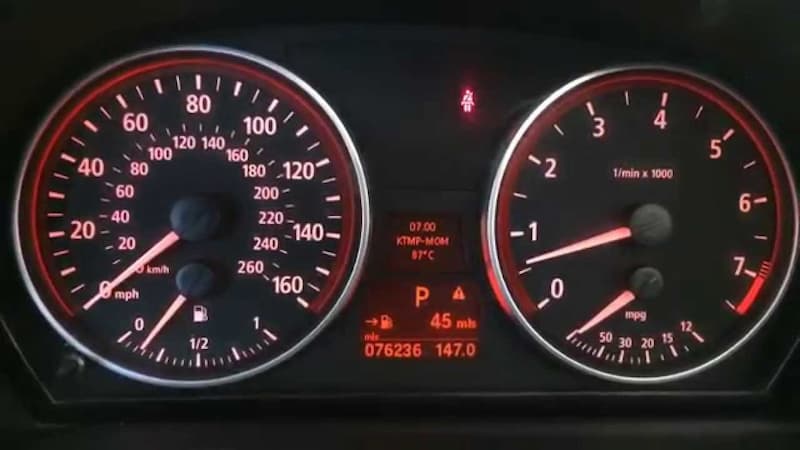
You need an OBD II to diagnose engine temperature. Then follow the procedure below
- Step 1: Check the coolant
- Step 2: Monitor the cooling system
- Step 3: Determine if the cooling fan is damaged
- Step 4: Look for tears on the cooling pipe (if any)
- Step 5: Drain the cooling system, replace it with another substance.
Frequently Asked Questions(FAQ’s)
1.Is it possible to drive while the engine is hot?
The answer is it shouldn’t. Because if you keep running, the engine block will be severely damaged. At that time, the engine coolant mixes with the oil, causing severe damage to the vehicle’s equipment, which can be on the vehicle’s warning lights.
2.How to keep the car from overheating?
For the car not to be too hot, users should park in a cool, shaded place. In addition, you can also use UV heat shields to shield windows from harmful light rays.
Another trick is to open the car door, to prevent the temperature from being trapped for too long to warm up the engine. Always keep your car in a state of adequate coolant because it is the leading cause of heating problems.
3.What If the engine is hot but the temperature gauge is normal?
If the temperature gauge is still working correctly and the engine light is not on, the car is still running fine, and there are no problems. It could be caused by leaking coolant or leaking radiators.
However, the light is not bright, so it won’t significantly affect your car. But if you want to be sure, going to the maintenance shop is the wisest choice.
Conclusion
Car running hot but not overheating is quite a common situation nowadays. Therefore, you do not need to be too afraid but should find out the cause of the hot car.
We can use the best solution to solve the engine problem. The above information is essential but will help a lot with your car.
Thank you for reading!
